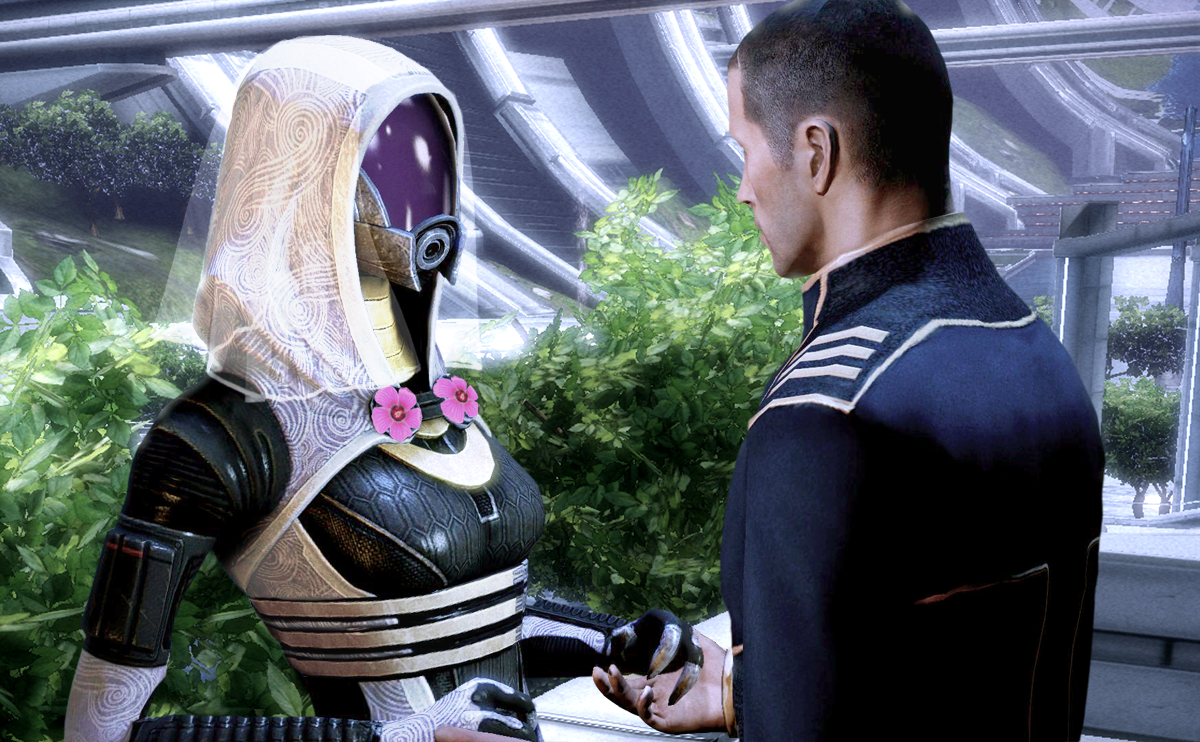The whole thing falls apart at the end, however. Muzyka writes:
Some of the criticism that has been delivered in the heat of passion by our most ardent fans, even if founded on valid principles, such as seeking more clarity to questions or looking for more closure, for example – has unfortunately become destructive rather than constructive. We listen and will respond to constructive criticism, but much as we will not tolerate individual attacks on our team members, we will not support or respond to destructive commentary.
Oh, to be sure, there is such thing as destructive commentary. True
ad hominem does exist in the wild. But the notion that artists ought only respond to constructive criticism is delirious. If games are truly art, and the teams who develop them truly artists, why should they be treated with kid’s gloves?
“There is no need to take a “constructive” attitude with talented artists,” writes Stephen Bond, “if anything, they find such an attitude more offensive. As H.L. Mencken said: “I do not object to being denounced, but I can’t abide being schoolmastered, especially by men I regard as imbeciles.” The constructive critic is a crow who takes it upon himself to educate the eagle; one who tries to force his own limitations on those who can soar far higher, unencumbered.”
Constructive criticism,
Bond argues, is a “mass hallucination.” It is “inimical to the purposes of criticism as art. I’ll say it again: the point of criticism is not to improve you, but to express
me. And each time I digress to offer you helpful suggestions, encouraging remarks and other pep-talk, I am not truly expressing myself. I’m merely being polite, nice, even a bit condescending — in other words, I’m being aesthetically repulsive.”









![Glory to Codexia! [2012] Codex 2012](/forums/smiles/campaign_tags/campaign_slushfund2012.png)







